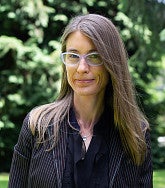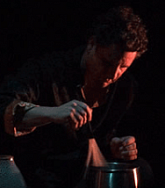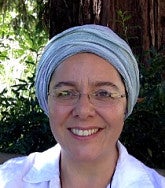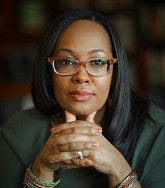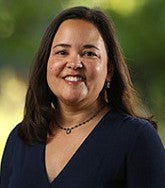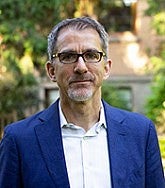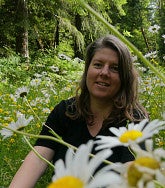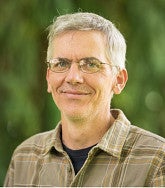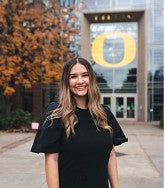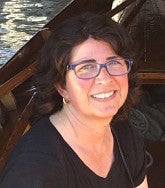Christian Cherry
Christian Cherry is a multi-instrumentalist, composer and performer who makes collaborative music that has been presented in theaters throughout the U.S.; at Lincoln Center (NYC); the Kennedy Center (Washington, D.C.) and abroad. His work as a dance musician includes stints at the American Dance Festival and Bates Dance Festival, including two ADF/Seoul tours. As a dance educator, Christian has been part of several prominent dance departments: at Ohio State University (’83-’93), the University of South Florida (‘93-’96) and the University of Illinois (’96-’01). Christian serves as Music & Undergraduate Director in Dance at the University of Oregon where he teaches courses in music for dance, dance theory and collaboration, and contact improvisation. He is an avid fly fisherman and tennis player.
Core Ed Connection: Member Core Education Task Force (proceeded creation of Core Education Council); University of Oregon Committee on Courses (UOCC), member
Why did you want to be on the Core Education Council?
I wanted to be on the Core Education Council because it brings the educational spirit to its fullest realization. The work is important in terms of making a difference for the students as learners, as people and as global citizens.
What does Core Education mean to you?
Core Education means that we participate in the formation of the future. Ideas adapt over time with the input of people who can think in different ways.
What is a favorite activity you use in your teaching that supports Core Education?
In the online course DAN 251 Looking at Dance Core Education course that I teach, I assign a creative video project which asks that the students choreograph a dance with a chair. The things that they uncover about chairs are fascinating.
